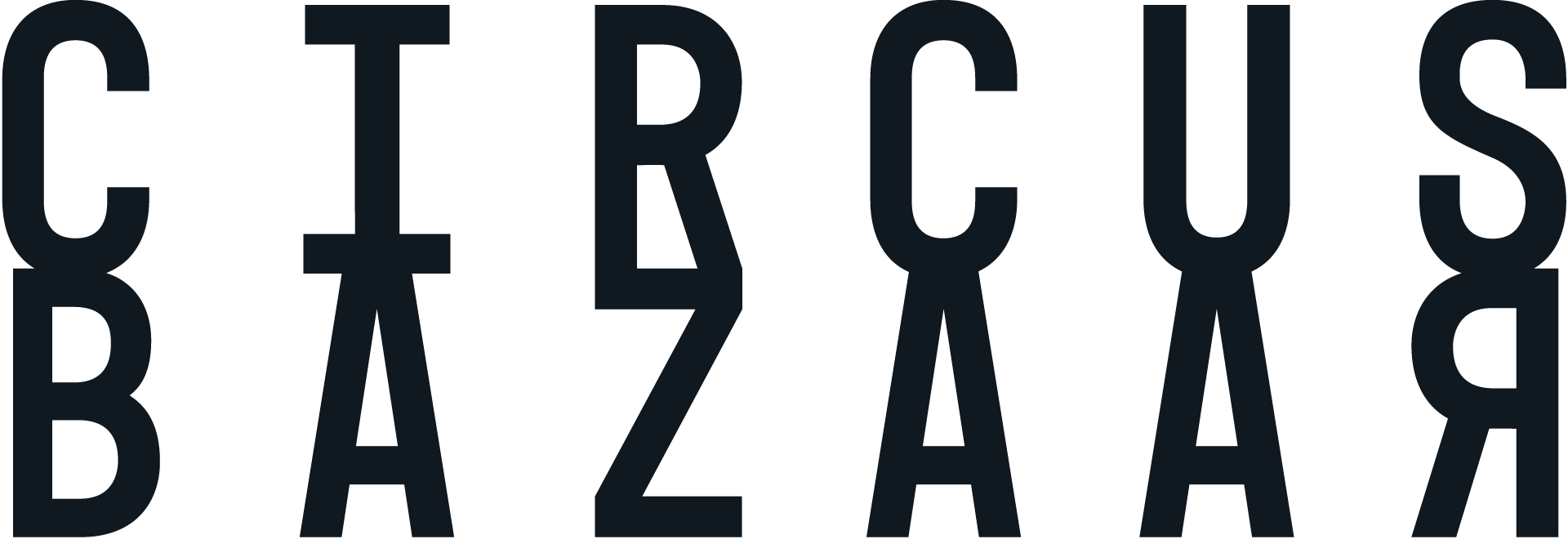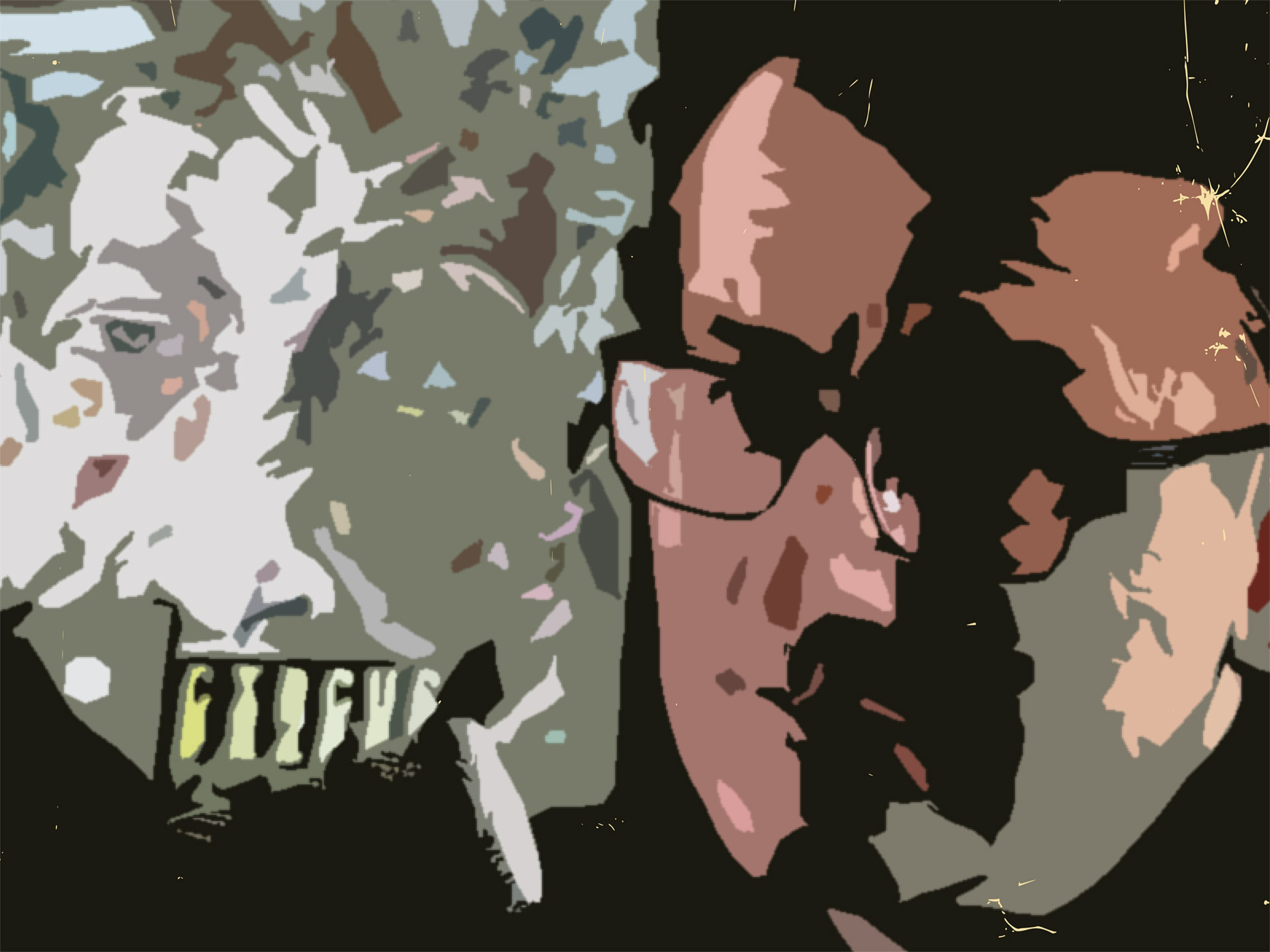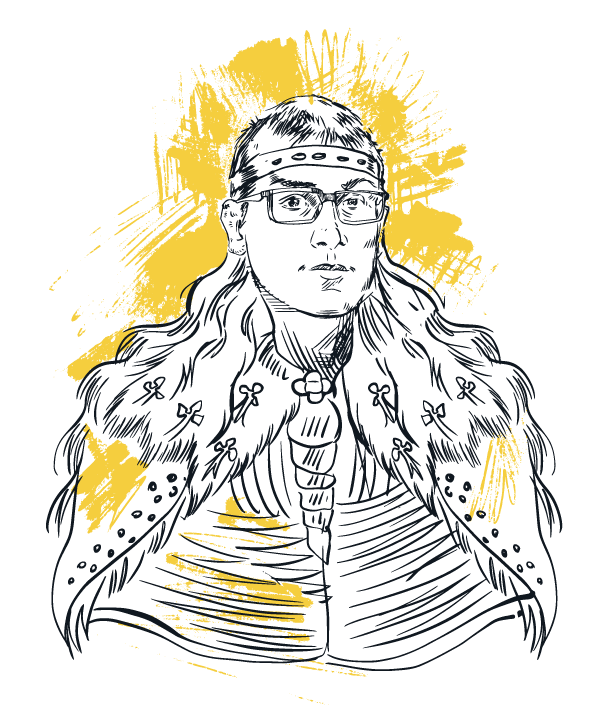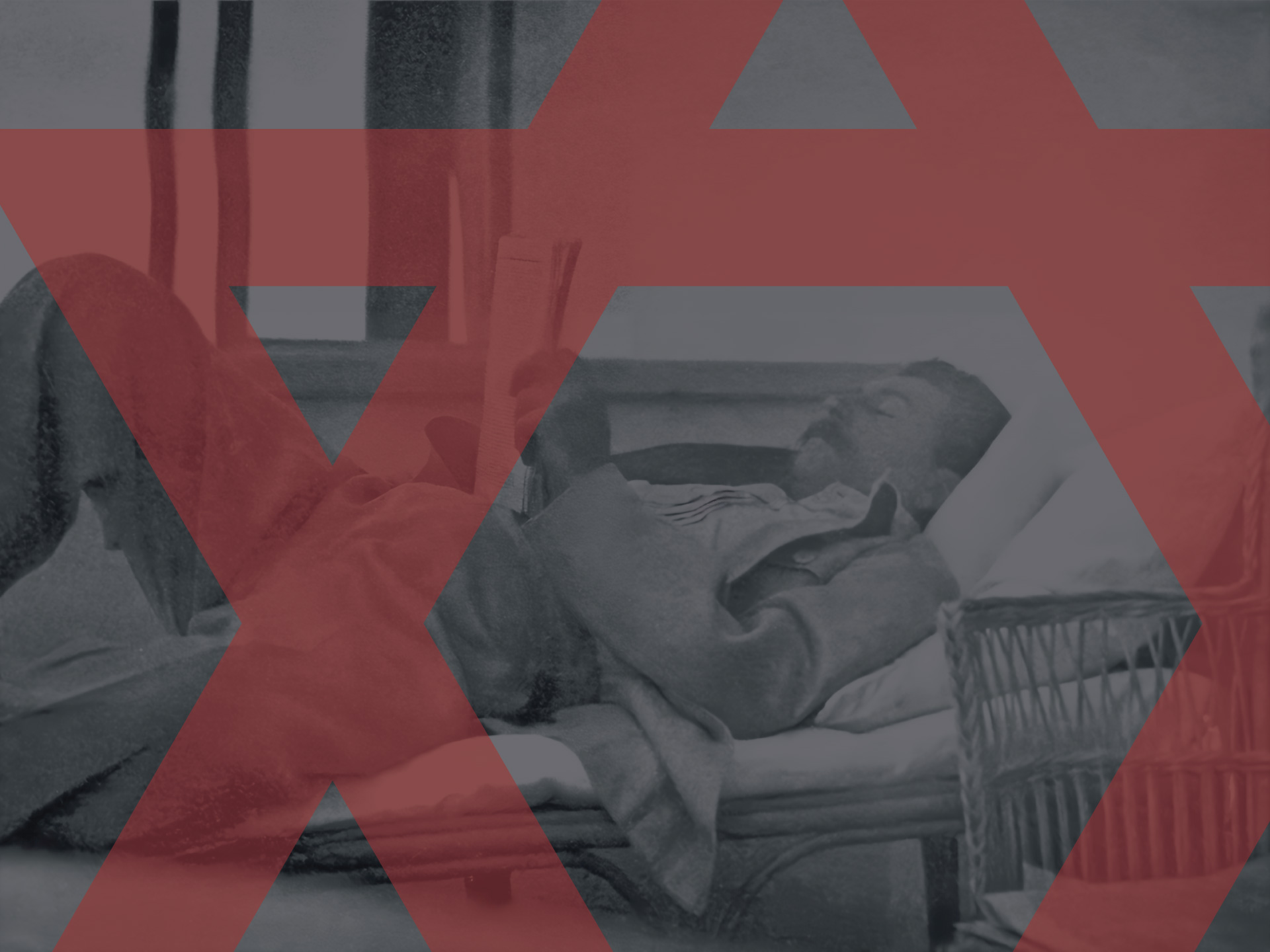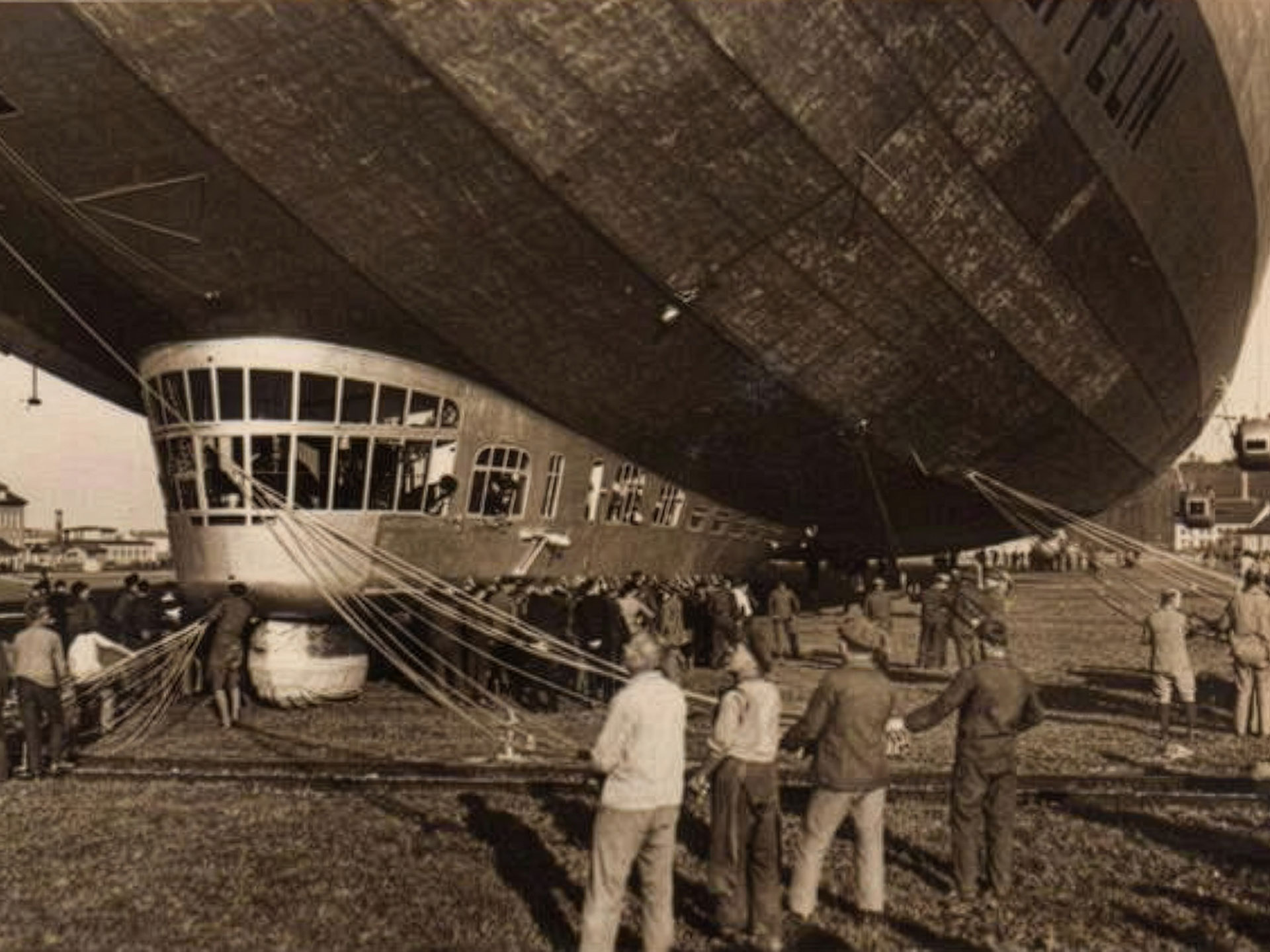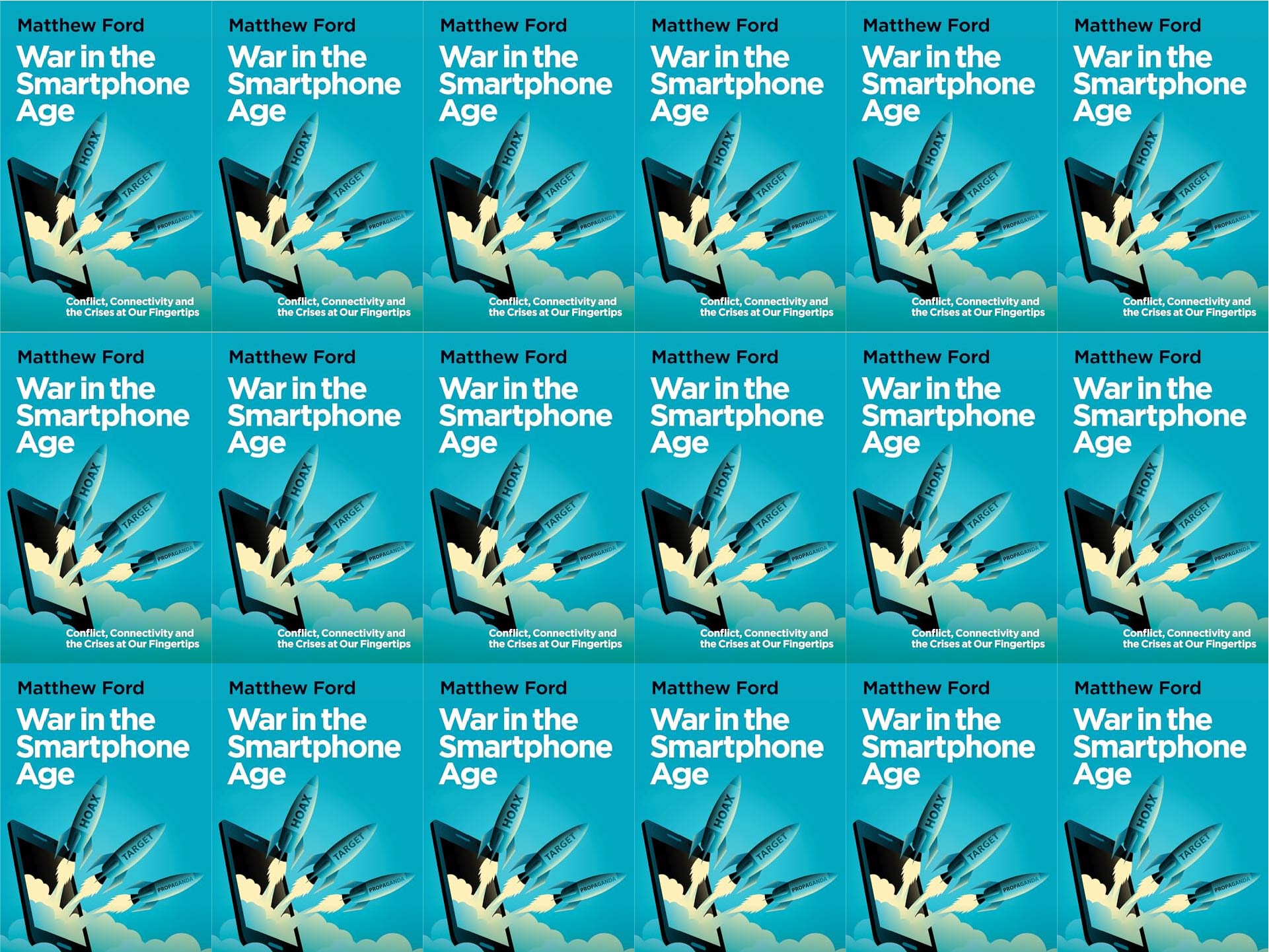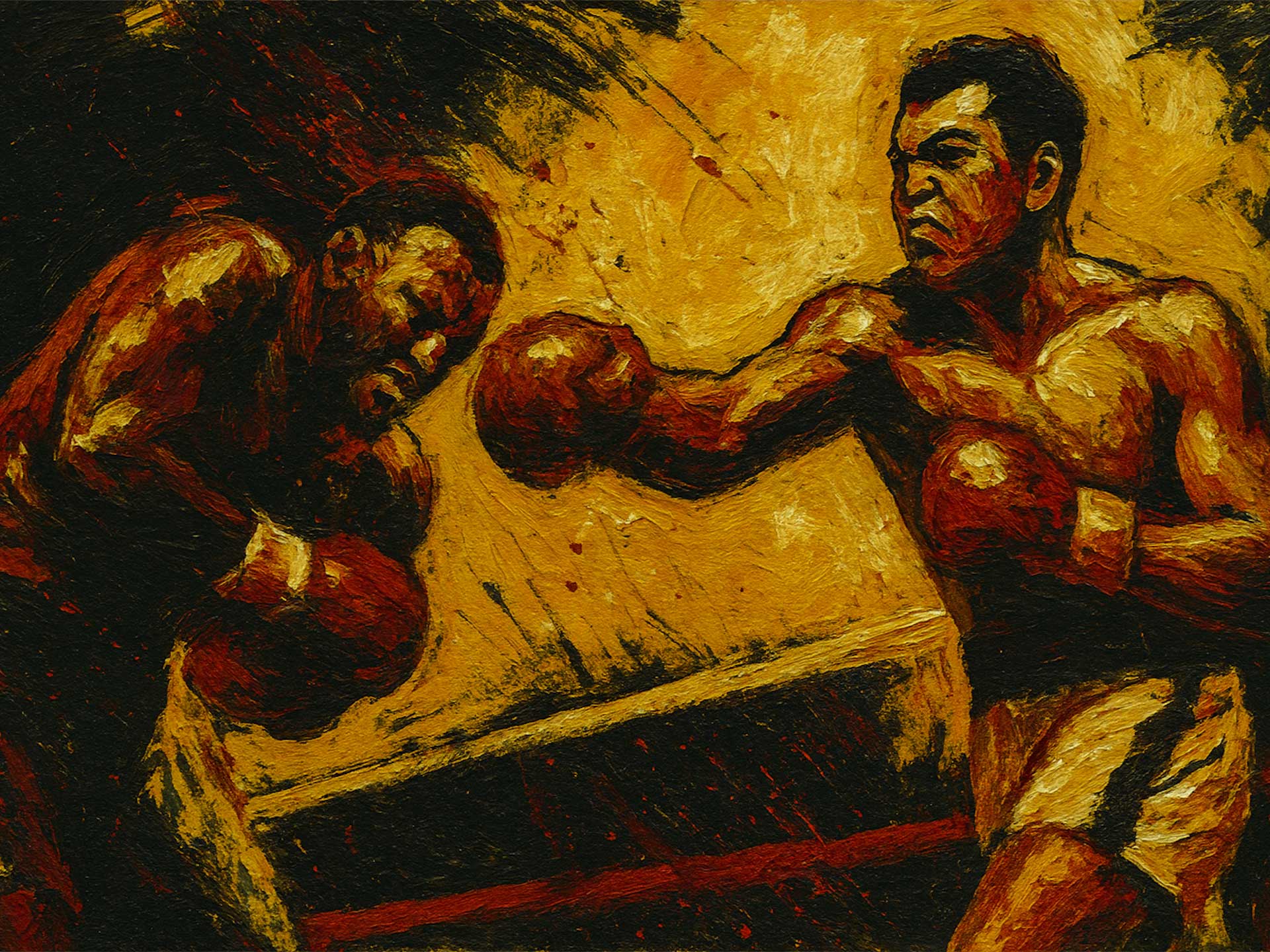The below is an edited and translated version of an interview with Serhiy Tomilenko. Serhiy is the current president of the National Union of Journalists of Ukraine (since April 2017). This interview was conducted by Shane Alexander Caldwell for the Circus Bazaar Podcast on 23 March 2023, in Oslo, Norway.
[Shane Alexander Caldwell]: Thank you very much for doing this interview. It is a great pleasure. I’ve heard a lot of good things about you. Please introduce yourself.
[Serhiy Tomilenko]: I am Serhiy Tomilenko, the president of the National Union of Journalists of Ukraine. We are the largest journalistic organisation in Ukraine, and we try to support Ukrainian and foreign journalists during conditions of war.
[Shane Alexander Caldwell]: What’s happening in Ukraine at the moment is probably the most serious war on the European continent since World War Two. Under those conditions, truth is something that gets completely obliterated. Can you give us your perspective on what truth even means under the conditions of war?
[Serhiy Tomilenko]: As we have seen, maybe the first stage of this war is [about] Russian propaganda. Since Putin isolated Russia, neutralised any independent media and produced only propaganda, it is now clear that most Russians support this war. After the first day, whenwe were all shocked by the tanks and shelling, every Ukrainian hoped that the next day this war would stop. But we see that Russians support this war, and the reason is propaganda,because it creates a new reality, which it then supports. Truth, or independent journalism or media in Russia, or under tyranny, is dangerous to Putin. In the newly occupied Ukrainian territory, we saw that when the Russian army took control, their very next activities were attempts to silence independent journalism or media. The Russians arrested the Ukrainian journalists and demanded that they become local propagandists or else be silenced.
There was a shocking case where Russians arrested a seventy-five-year-old man, the father of the editor-in-chief of an independent local digital media organisation. They then called the daughter and demanded that the father be swapped for the daughter, that she come to the occupied area, and that she stop producing independent media. So we see that to Putin, truth,or independent media [as a vehicle for truth], poses a very great danger. But truth or [independently sourced] information is important for Ukrainians, to fight for freedom, to fight for our future, because we don’t want to be part of the Russian World or of Russia. Therefore, we should fight for truth and reliable information because this is good for us.
[Shane Alexander Caldwell]: War destroys the truth, yet there is a truth that still exists:Ukraine has been invaded by another country. The role of disinformation is to demoralise or at least harm that truth. Has that had an effect on Ukrainian society? And if not, why do you think it hasn’t?
[Serhiy Tomilenko]: An example of disinformation in this war is that about three weeks after the Russian occupation of Mariupol, [the Russian forces] printed a fake newspaper and delivered it to local residents. This newspaper contained statements such as [a claim] that local populations supported Russia, as well as stating that Russia was the future of Ukraine. If people consume only disinformation and propaganda, they may come to support [the Russian] occupation. We see how disinformation is a weapon for Russians, not only in Ukraine but all across the world, where they also demand press freedom to distribute this disinformation.
[Shane Alexander Caldwell]: Do you think disinformation campaigns have had an effect on the international community?
[Serhiy Tomilenko]:Yes, we see Russia producing ‘fake news’ and spreading it across Russia-controlled media or state media, or trying to use journalists or freelancers [for the same purpose]. They organised a special press tour in occupied territories, but for the moment, most Western or democratic countries are trying to block this propaganda and this campaign. It is clear that if Western countries do not try to stop this disinformation, the Russian World will infiltrate the Western countries also.
[Shane Alexander Caldwell]: As a journalist who is representative of other journalists, you mentioned before that it’s better not to counter Russian propaganda with Ukrainian propaganda. Has that been a difficult mission, given the context of the war?
[Serhiy Tomilenko]: So I think that if you take most of the Ukrainian national media and how it covers the war, and compare it with how the Western media covers the war, you will see that they are almost the same. It is only a very small amount of very sensitive topics, maybe 5% or 10%, on which the Ukrainian media may remain silent. Most media coverage [i.e. in other countries] is the same way. So I think at the moment, Ukrainian propaganda is [limited to] rules [governing] how officials present information for public relations, which is not a form of censorship. We should fight for press freedom in our country because the parliament and ruling party seek to establish a powerful state media regulator [with the authority to]censor and regulate [all forms of] media and journalists. This new media law was voted on and approved by the Ukrainian parliament, and now the state TV and radio regulators can exert pressure on every print and online media outlet in Ukraine.
[Shane Alexander Caldwell]: Media is a skill that not everyone is adept at. But President Zelenskyy has a history of working in the media. How do you think that has affected the information landscape, and has that been a powerful tool for Ukraine to counter the influence of Russian disinformation and misinformation?
[Serhiy Tomilenko]: Yep. Zelenskyy is one of the most prominent media figures in the world,with a background in media and media leadership. In the current situation, this aids Ukraine in garnering sympathy and support from Western countries. But looking at it from withinUkraine, maybe because Zelenskyy’s team consists mostly of individuals from the media industry, [it becomes apparent that] they are using their knowledge of the Ukrainian media landscape to try and control it, rather than encouraging media independence. Engaging in criticism against the government may cause big problems, so it is a difficult situation. ManyUkrainian journalists and media figures called for their inclusion in parliament, but once they become politicians they oppress the media and do not champion press freedom.
[Shane Alexander Caldwell]: I want to pivot just slightly, and I think the two topics are related, particularly since you work in a journalists union. So – collectivisation and communities and important things to you. Have they brought Ukrainians together? In fact, the question is, has war made the state?
[Serhiy Tomilenko]: There are two words of importance for us these days: ‘solidarity’ and ‘safety’. Journalists that previously wanted to work independently now want to collaborate, support and organise in groups. Many journalists who evacuated from the occupied territories have established such communities. So we can see that the journalists community in Ukraineis much stronger now, and also that there is a great deal of international solidarity with Ukrainian journalists.
[Shane Alexander Caldwell]: What does the concept of sovereignty mean to a journalist under the conditions of invasion?
[Serhiy Tomilenko]: Many Ukrainians, but also Ukrainian journalists have suffered under the war. Some have been injured; some have lost their homes and have been evacuated; some are now refugees. One of the major challenges these journalists face today is psychological,[which is why] we provide support to them and their families on a daily basis. Ukrainian journalists need to be in good health [in order to] work professionally, so [psychological support] is very important. For example, we spoke with an editor-in-chief from the Mykolaiv City region, from Snihurivka specifically, and he was evacuated to Odesa, which is controlled by the Ukrainian government. But his deputy editor, she stayed in the area under occupation for eight months [while working] as a journalist. It was a psychological struggle for her to survive eight months under occupation, so of course we offered her support.
But the main objective of our activities is to restart [news] offices, local newspapers and local media, all which ceased [to function] as a result of the full-scale invasion. Whenever our colleagues responsible for local newspapers think about restarting, and produce new issues during or after occupation, they receive so much positive feedback. Ukrainians in the liberated and occupied territories are so happy when they see their local newspaper functioning, because it symbolises Ukrainian identity, it’s a sign that Ukraine is fighting for them and the future will belong to Ukraine, not Russia.
[Shane Alexander Caldwell]: Do you think it strengthens the identity of Ukrainians in that sense?
[Serhiy Tomilenko]: Ukrainian identity is fundamental during the war as well. In these circumstances, the Ukrainians are fighting for freedom, they are not willing to submit to thetsar and exult in merely the external, decorative goal of dominating the empire and further erasing all of their personal rights – in other words, to live in fear of the tsar. Ukrainians want to be free; they want Ukraine to be free. The Russians want to erase this Ukrainian identity, which is the main difference between Russians and Ukrainians. By their determination, and especially by the example of their emotions on the first day of the liberation of Kherson, Ukrainians demonstrate that they are resolved to fight and that they value freedom as happiness. And this is precisely what we hope for in victory. At the same time, [Ukrainian identity] irritates the Kremlin, and Putin; he is targeting this identity [because] it does not allow him to mix new territories, new nations and new people into a single empire and expand it further. Also, the loss of individual identity is important for the Russian Empire, for whom it is necessary to create a unified people who will support the tsar and actually rejoice in tragedies that lead to new territorial achievements.
I will add this in Ukrainian. [The following paragraph has been translated into English.] In the current situation, this is a difficult question, and we are really saying that in recent years, the West has supported [Ukrainian] collective identity more, and personal identity to a lesser extent. On the one hand, [the emphasis on the collective] really blurs the role of one person, but it is possible that for politicians, and influential people in general, it is better for some kind of unification. On the other hand, even with such Western collectivism, it is still more attractive to us because it is based on the protection of democratic values, such as freedom of speech and other human rights, and we expect that Western governments will draw conclusions based on the current situation in Ukraine. In turn, Ukraine will be a certain driver of changes, and we also hope that Western governments will learn not to make collectivism such a priority.
[Shane Alexander Caldwell]: Thank you so much for giving your time to speak with me today. I want to wish you well, and I personally wish you all the best in the coming time ahead. We believe journalists are very important. Thank you very much!
Translation of this interview was assisted by Alona Asieieva and Gleb Kaistro.
